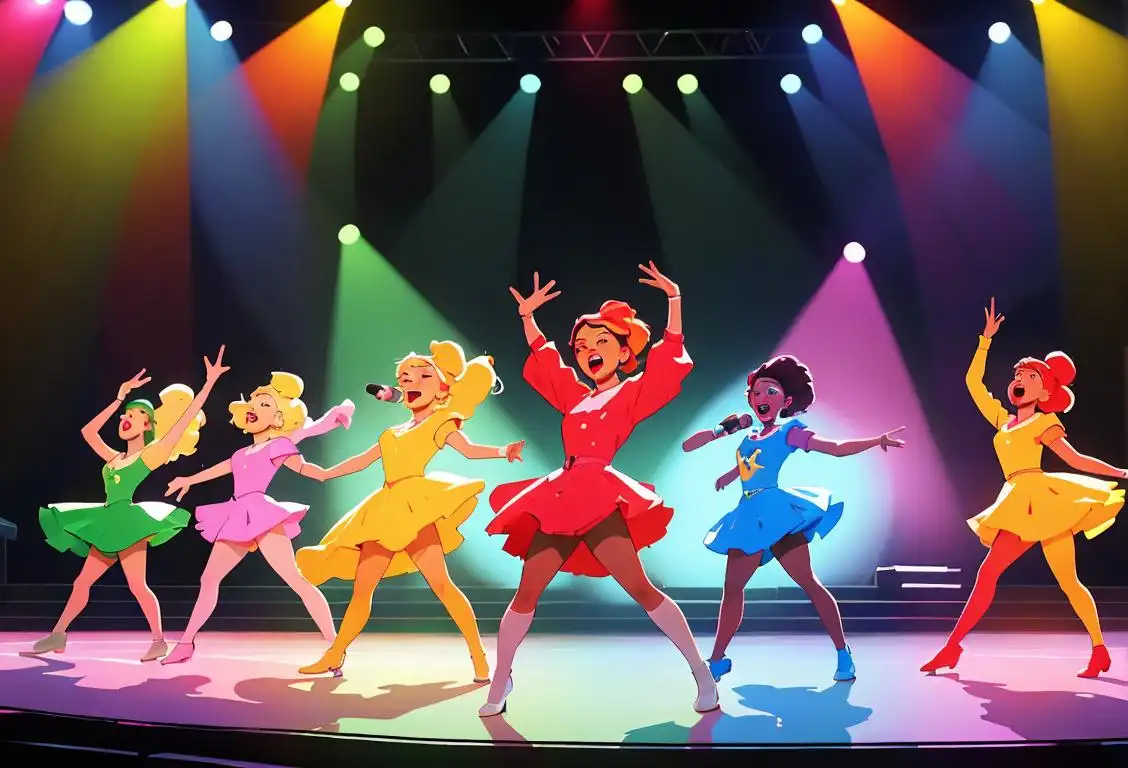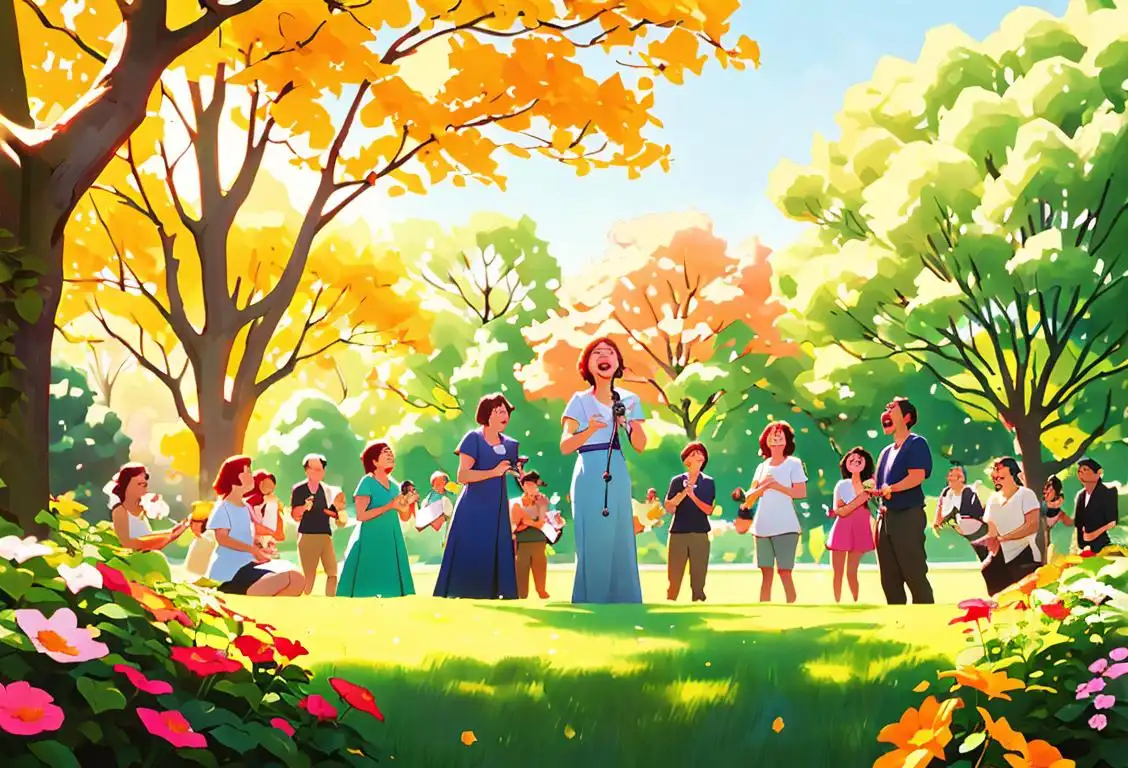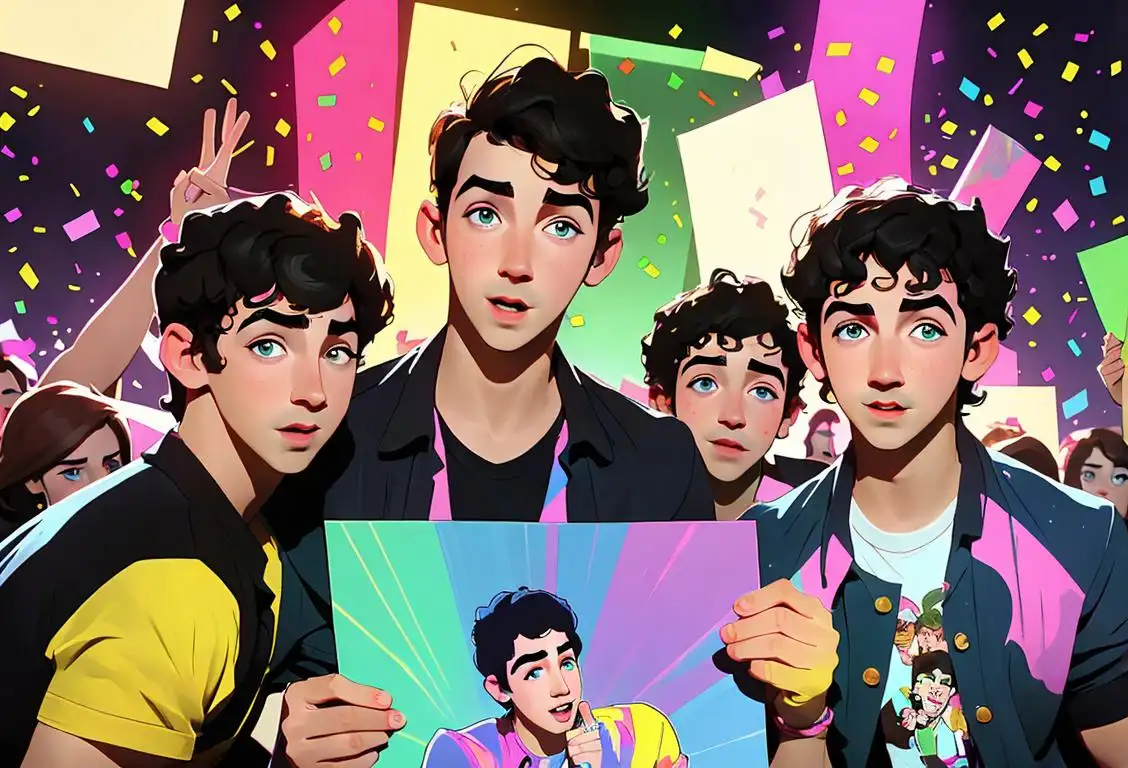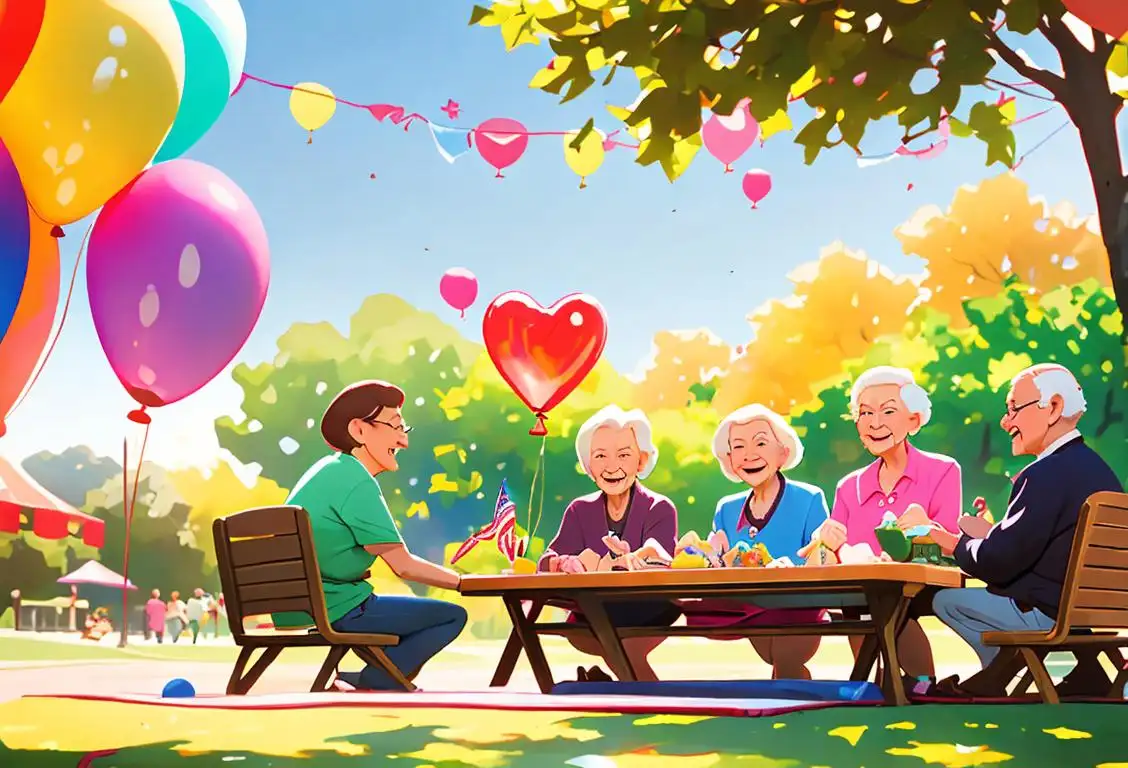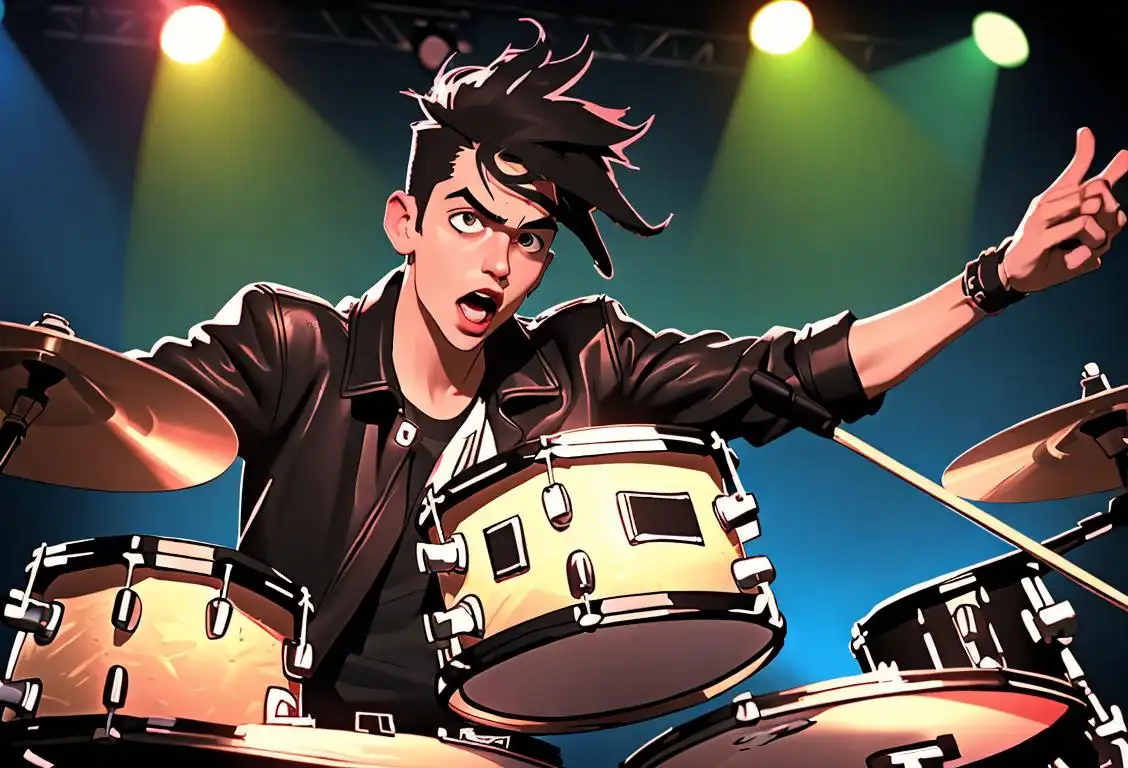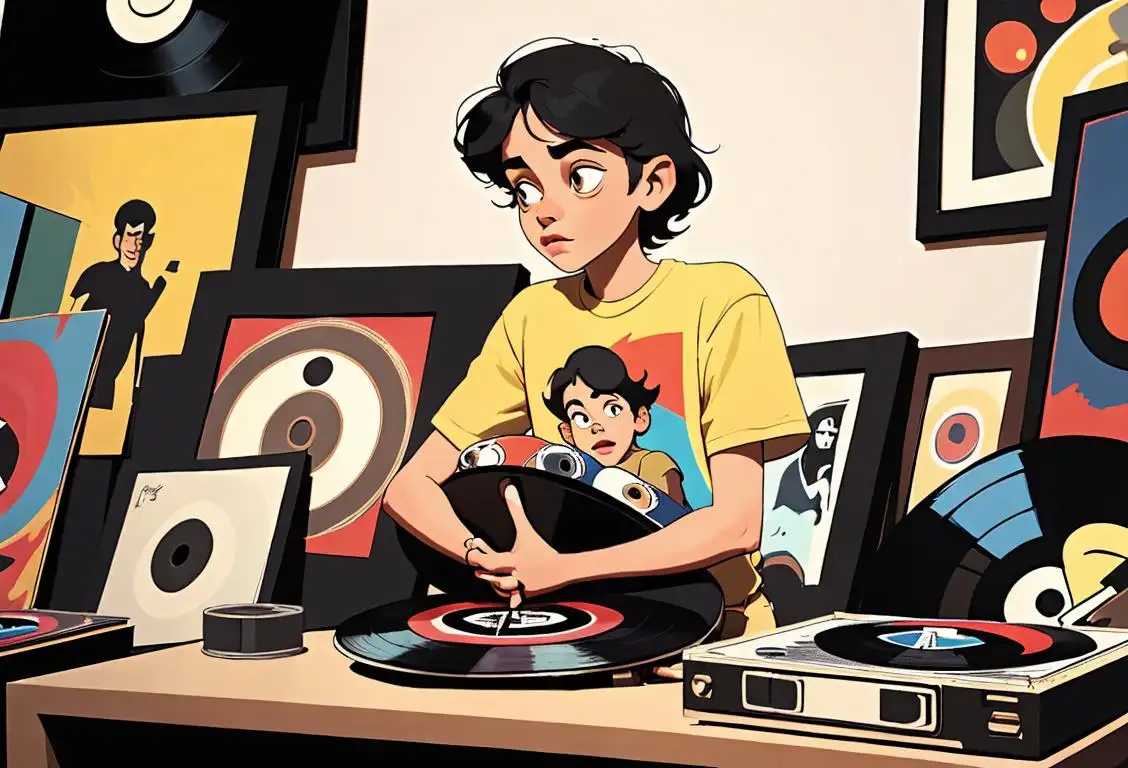National Concert Day
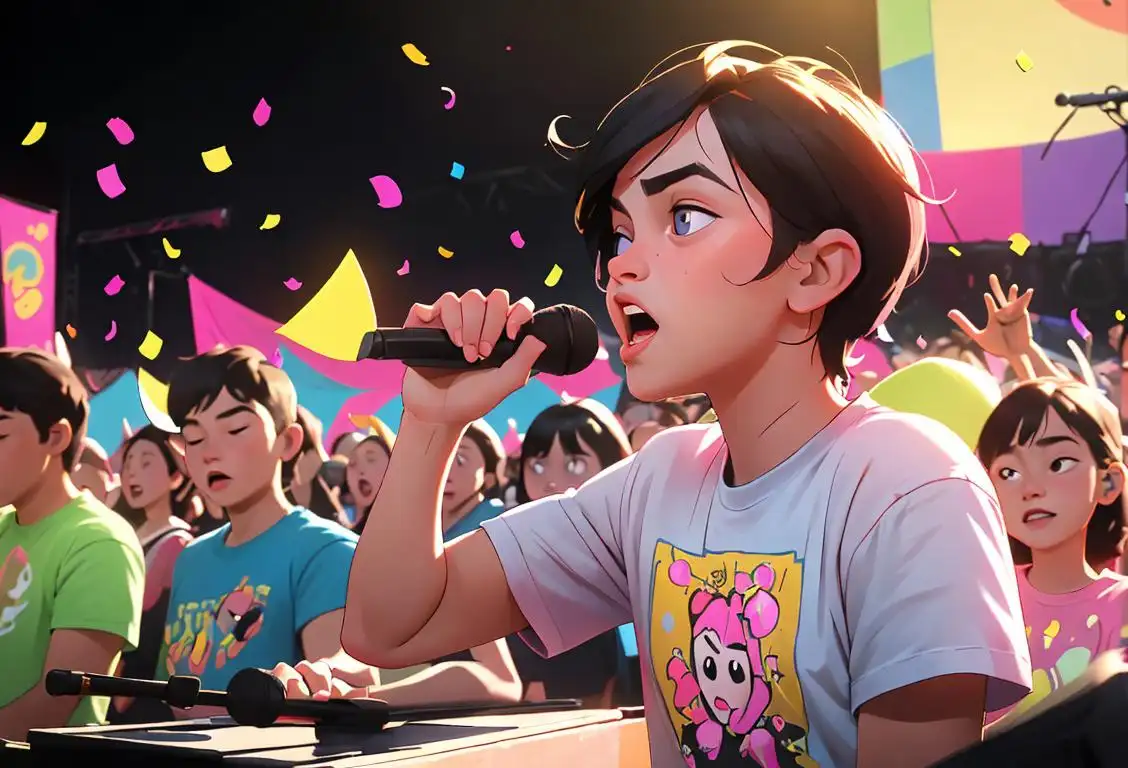
Raise your lighters, folks, and get ready to mosh through an exciting remembrance of National Concert Day! A day so loud it wakes up your ancient reptilian ancestors who thought they could ignore modern rock 'n' roll. But, why celebrate chopping onions when you can get lost in the magic of live music, right? Let's groove into the detailed article.
When is Concert Day?
It's national concert day on the 5th May.
Joyous Echoes Of National Concert Day
Making its grand debut on May 5th, 2015, National Concert Day turned up the volume on social media platforms, with an impressive 35842 mentions online. The energy and enthusiasm was so loud that virtually deafened the virtual world, and it's been humming right along ever since.
This celebration of sonorous symphonies commemorates not just the heart-thumping concerts, but every little nuanced emotion we experience when our favorite artist takes the stage, and life, for a little while at least, seems absolutely pitch perfect.
A Symphony Of Social Media
Reminiscent of a perfectly executed guitar solo, the volume of online chatter surrounding National Concert Day crescendo to 35842 mentions, an impressive feat for a ceremonious day just out of its infancy. It's evident that music holds a key to the collective hearts of the internet, and we can't wait for the upcoming reprise.
Why We Love The Beat of National Concert Day
As we ride the crazy rollercoaster of life, it’s music that adds the soundtrack to our journey, binding the generations together. Be it the magic of Mozart, the beat of Beyoncé, or the rock of Rolling Stones, National Concert Day salutes the power of live performance, enriching our lives with its enchanting melodies.
History behind the term 'Concert'
1588
Origin of the term 'concert'
The term 'concert' originated in the late 16th century from the Italian word 'concerto', which means 'concerted action' or 'agreement'. Initially, it was used to describe the combining of various musical voices or instruments in a harmonious manner.
17th century
Development of public concerts
During the 17th century, the concept of public concerts began to emerge. These concerts were organized musical performances held in music halls or public spaces, where people could pay admission to attend and enjoy live music. Public concerts became highly popular, allowing people from different walks of life to experience music together.
18th century
Concerts in royal courts
In the 18th century, concerts gained significant patronage from royal courts, especially in Europe. Kings and queens, as well as aristocratic families, regularly hosted concerts in their palaces, showcasing the talent of renowned composers and musicians. These court concerts played a pivotal role in promoting music as a form of entertainment and art.
19th century
Rise of symphony orchestras
The 19th century marked the rise of symphony orchestras, leading to a new era in concert history. Orchestras grew in size and complexity, incorporating a variety of instruments and allowing for the performance of grand symphonies and majestic compositions. This period witnessed the emergence of famous conductors and composers who shaped the concert experience.
20th century
Expansion of concert venues and genres
The 20th century witnessed a rapid expansion of concert venues and genres. From classical music performances in grand concert halls to rock concerts in stadiums and jazz concerts in intimate clubs, the concert experience diversified greatly. This era also saw the development of electronic amplification and recording technologies, enhancing the reach and impact of live music.
Present day
Global phenomenon and cultural impact
Concerts have become a global phenomenon and a significant part of popular culture. Artists and bands across genres now regularly tour the world, performing in front of millions of enthusiastic fans. Concerts not only entertain and inspire, but they also serve as platforms for cultural expression, social gatherings, and communal experiences that transcend language and boundaries.
Did you know?
Did you know that the world’s largest concert had over 4.2 million attendees? It was a free concert by Rod Stewart at Copacabana Beach in 1994 on New Year’s Eve! Now that's what you call a rockin' party!Tagged
fun celebration memories national day joy music concert moments rock n rollFirst identified
30th April 2015Most mentioned on
5th May 2015Total mentions
35842Other days
Concert Day
Ice Cream Sandwich Day
Prosecco Day
Stadium Concert And Had To Add Another Day
Sing Out Day
Jonas Brothers Day
Senior Citizens Day
Drummer Day
Dolphin Day
Album Day


